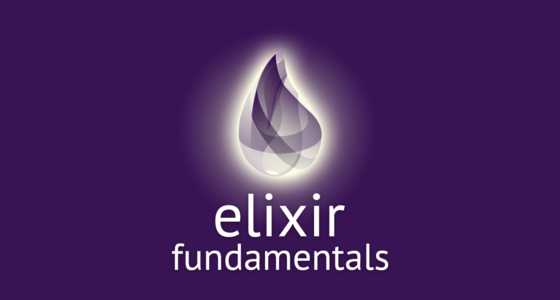Elixir Fundamentals
Elixir's combination of modern language features, and a 30-year-old battle-tested foundation at its core, has made it increasingly popular over the past year
Stage Two Types, Operators & Control Flow
Our journey starts with basic types and procedural logic. Even if you're experienced in a wide range of programming languages, there's going to be a lot of stuff -- even at this basic level -- that may change the way you look at writing code forever.
- Duration: 400 minutes
Stage Three Writing Modular Programs
Elixir's module system allows us to define layers of related functions. In this part of the course, we'll explore the concepts of modules, and the ability to reference code in one module from another.
- Duration: 240 minutes
Stage Four Working With Data Structures
Earlier we outlined and worked with several different types of data structures. Let's take a closer look at some of these methods.
- Duration: 210 minutes
Solid Foundation
Learning a programming language in "as-needed" chunks can leave holes in critical areas of knowledge. In this course, there's no worry of "not knowing what you don't know".
The Functional Way
Many developers come to Elixir from a less functionally-oriented language like Ruby or JavaScript. We'll help you adjust the way you think, so you'll start forming good habits from day one!
Ecosystem Aligned
You'll learn how to align your code with Elixir and Erlang language-specific idioms, opinions and conventions. Why learn things the hard way on your own?




